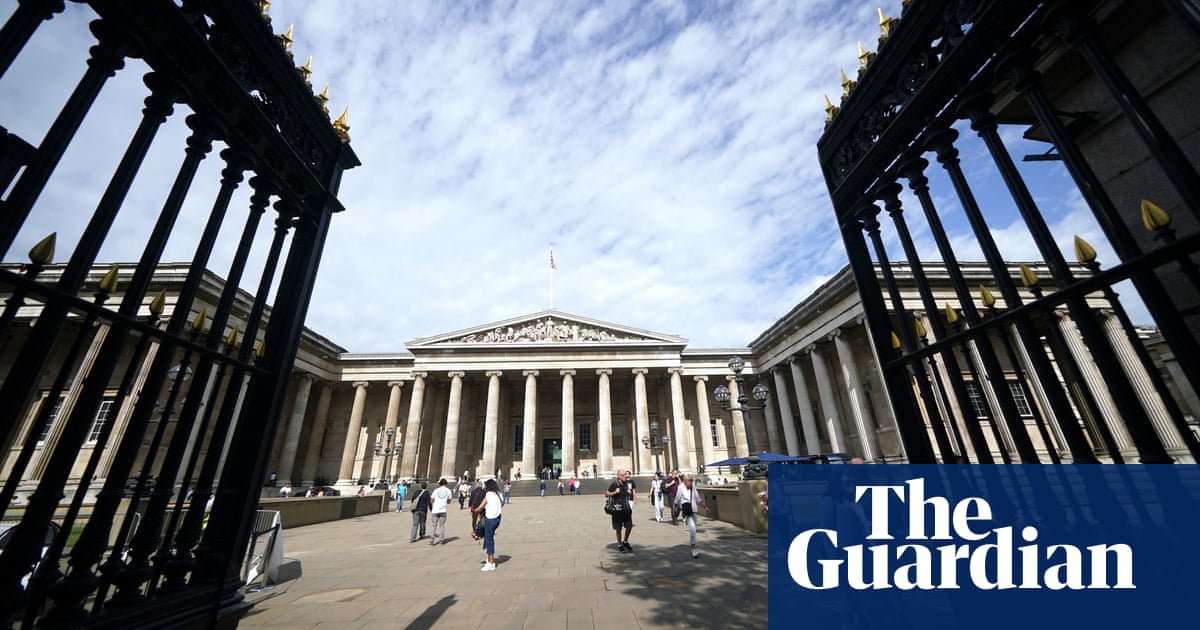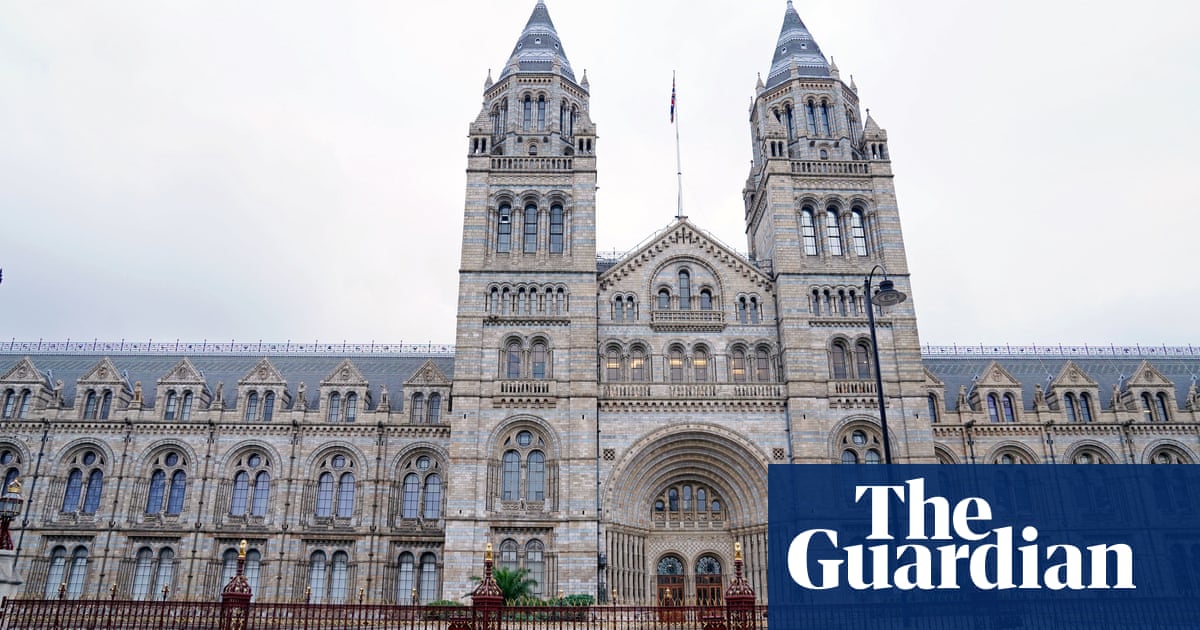
Visitor numbers to the UK’s museums, galleries, cathedrals, zoos, castles and country houses are increasing but remain stubbornly below pre-pandemic levels, with a significant number of people still “out of the habit” of having a day out.
Figures released by the Association of Leading Visitor Attractions (ALVA) on Monday show a mixed picture. On the bright side, there was a 19% increase in visitor numbers in 2023 compared with 2022. The British Museum saw a 42% rise, making it the most visited attraction in the UK.
But the overall figures are still 11% down on 2019, the year before the pandemic, when there were 163.9m visits to major venues, as against 146.6m last year.
Bernard Donoghue, the director of ALVA, said: “We are seeing really good year on year growth, but we always knew the recovery from lockdown would take a number of years.”
One reason is the absence of Chinese tourists. “We are hoping to get Chinese visitors back by about the end of next year, but that has been a slow burn,” Donoghue said. “But because of the lockdown of nearly two years, people just got out of the habit of going to places.”
The phenomenon is particularly striking among UK residents aged over 65. “Some of them are Covid-anxious and some are just hanging on to their pennies and pounds and assisting their children and grandchildren.”
The annual figures list visitor numbers for 368 attractions. The British Museum took the number one spot for the first time since 2019, helped by the runaway success of its China’s Hidden Century exhibition, which ran from May to October.
The museum had 5.8 million visitors compared with 4.1 million in 2022 – a big increase, but still 7% down on 2019.
Second was the Natural History Museum, which had its best ever year for visits – up 22% – aided by its exhibition on the titanosaur, one of the largest creatures to have walked the planet. In third place was 2022’s number one, Windsor Great Park, which had 5.5 million visitors and was the UK’s most visited outdoor attraction.
In a coronation year, royal and royal-related venues saw significant visitor increases. Buckingham Palace was up by 75%, Windsor castle by 66% and Westminster Abbey by 49%.
The most visited attraction in Scotland was the National Museum of Scotland in Edinburgh – up 11% and 12th in the overall list. A Grayson Perry retrospective helped National Galleries Scotland have a record year with a 44% visitor increase.
The number one spot in Northern Ireland was Titanic Belfast, and in Wales it was St Fagans National Museum of History in Cardiff. In England, the most visited attraction outside London and the south-east was Stonehenge, up 36% but 17% down on 2019.
Donoghue said that even in a cost of living crisis, “people are still prioritising day trips and spending special time with special people in special places”.
He said the figures for annual memberships remained hearteningly similar to pre-Covid levels, coming as families cut costs in other areas such as TV channel subscriptions and takeaways.
The squeeze on local authority budgets was, Donoghue said, “the biggest crisis facing culture in the UK since lockdown and Covid. It is about, ‘How do we maintain our civic collections, and more importantly, how do we make sure people have got access to them?’”
Donoghue said US visitors had “almost been the saviour of UK tourism”, coming in large numbers after the “disastrous” Liz Truss/Kwasi Kwarteng budget, which led to a weakening of the pound against the dollar.
But more could be done by government to attract tourists, he said, including the reinstatement of tax-free shopping for overseas visitors, a perk that Rishi Sunak scrapped when he was chancellor.
Donoghue said visitors were coming for shorter stays “and then leaving to go shopping in Paris or Milan or Rome. We are the only European nation now that doesn’t have tax-free shopping, and reintroducing it would help the recovery of UK tourism enormously.”












